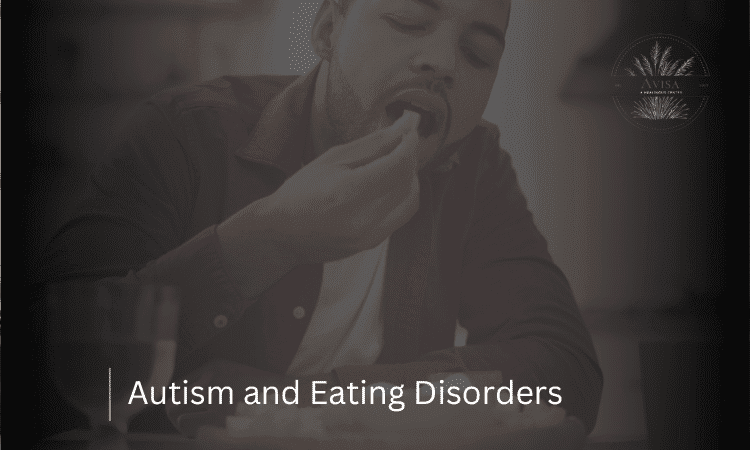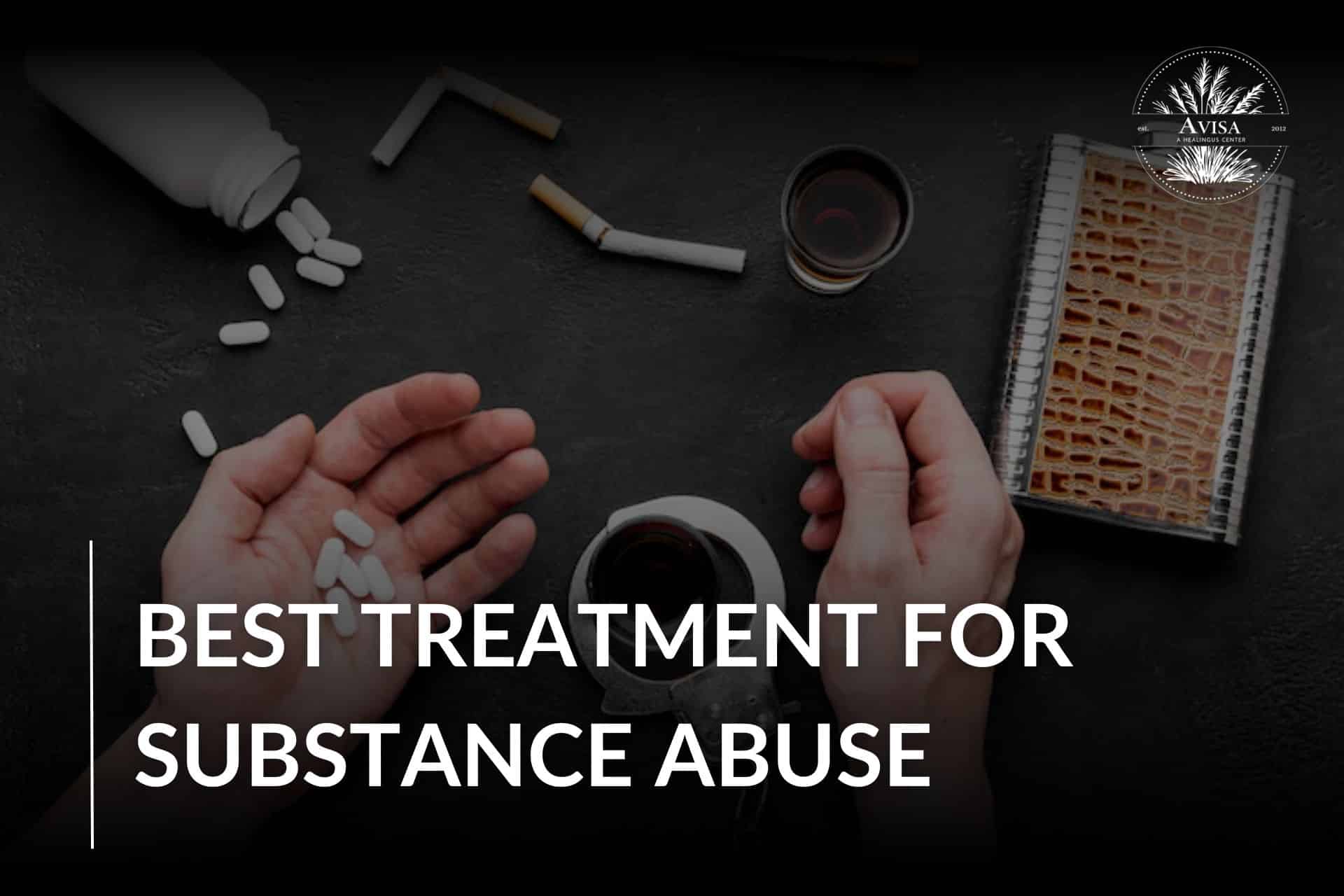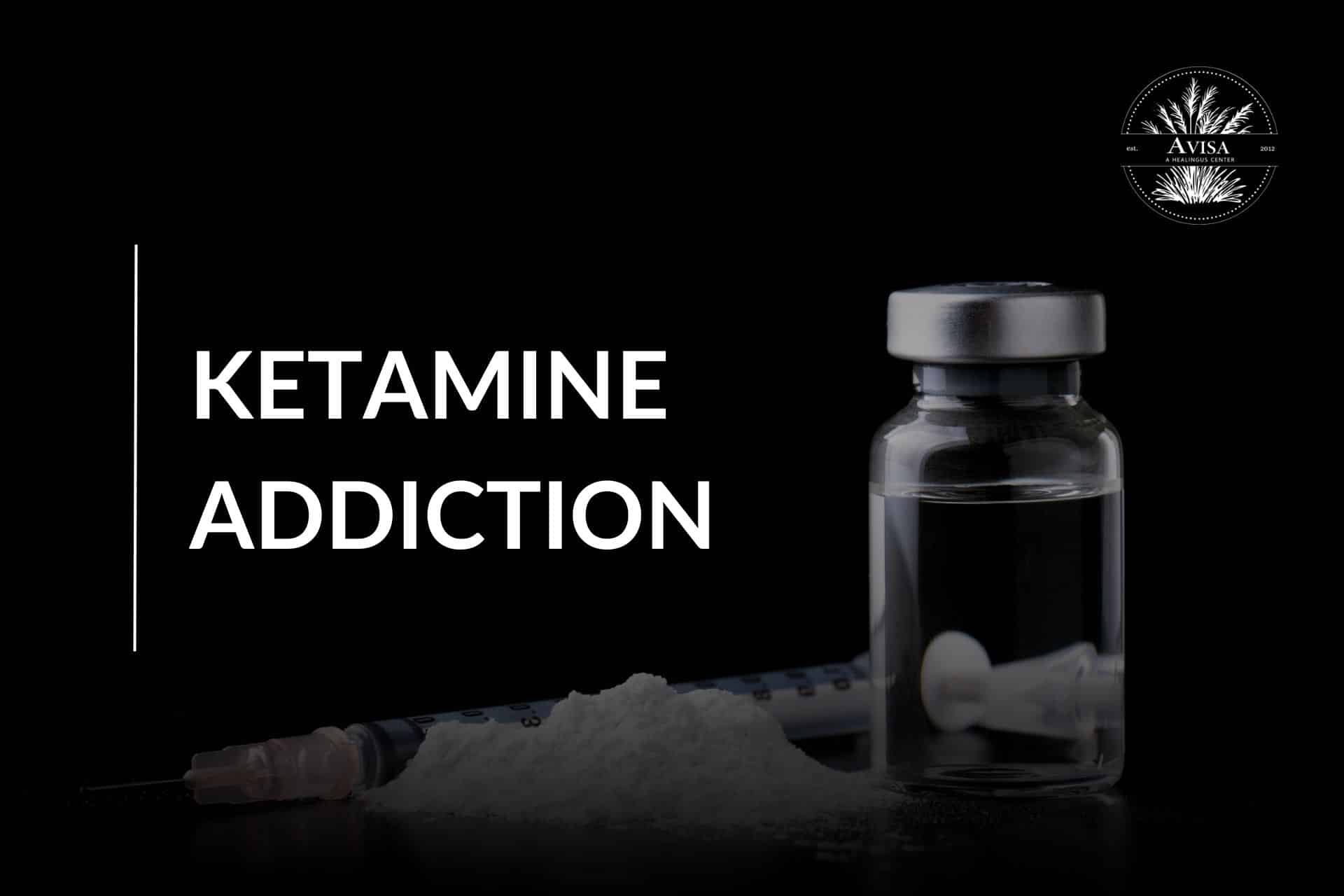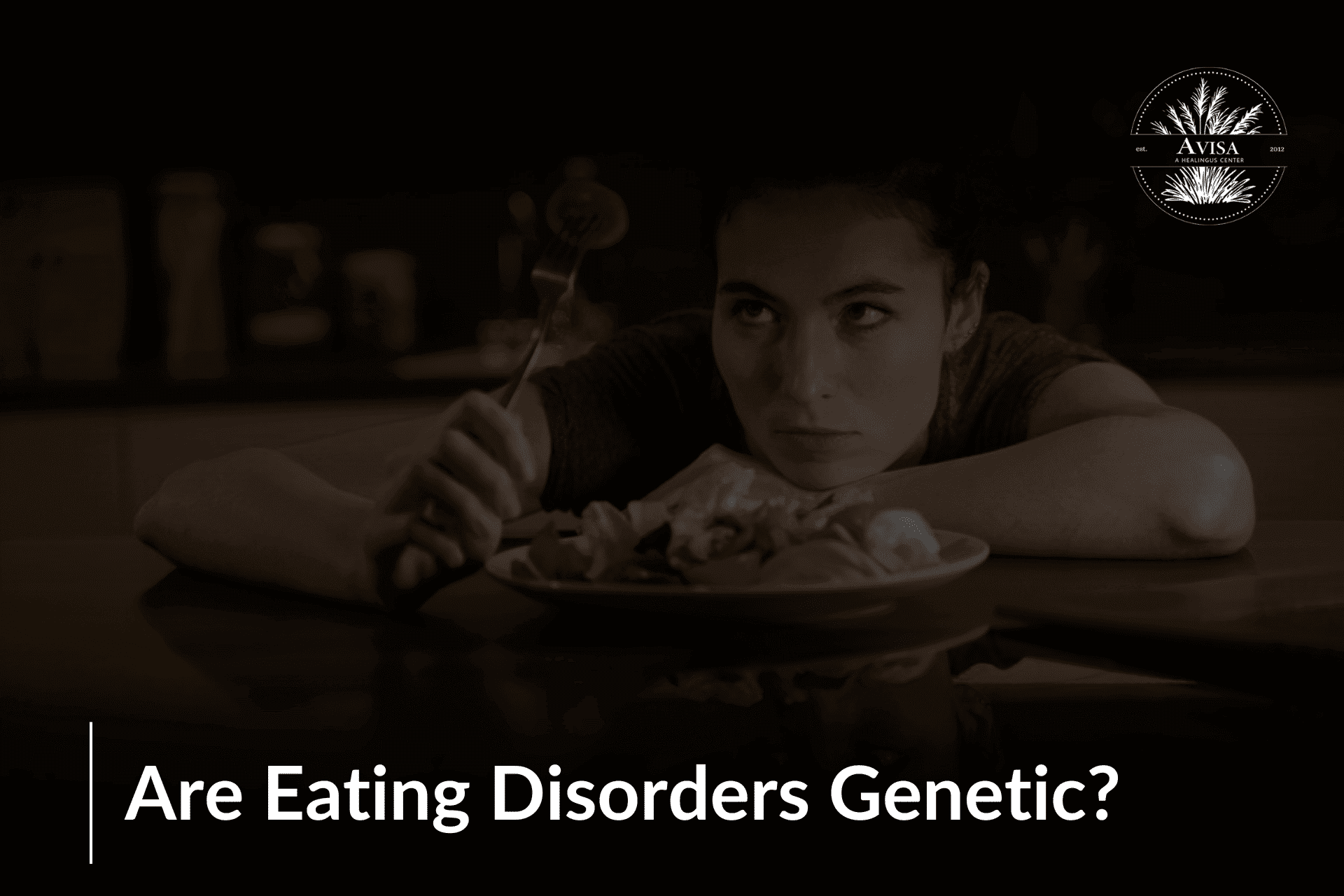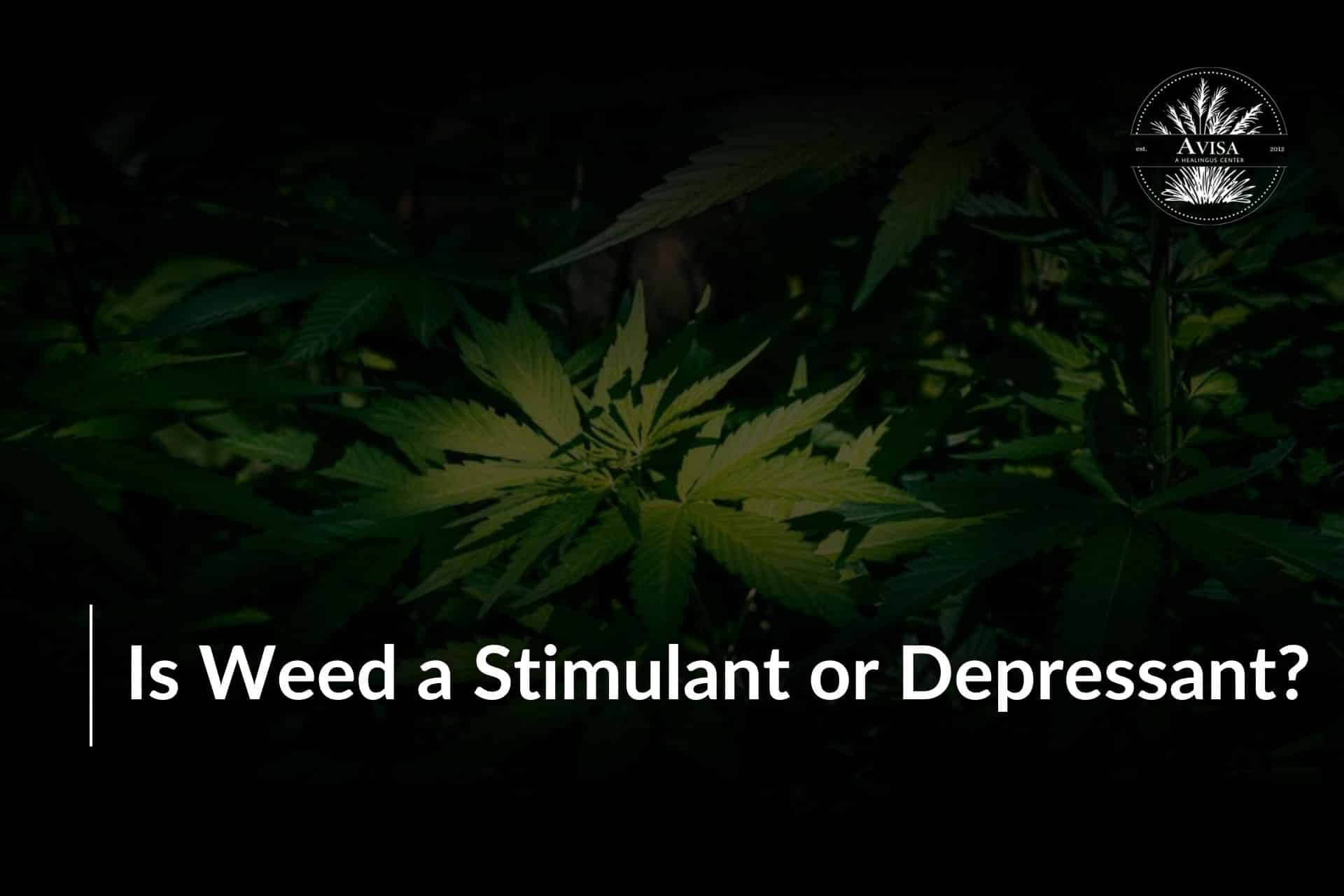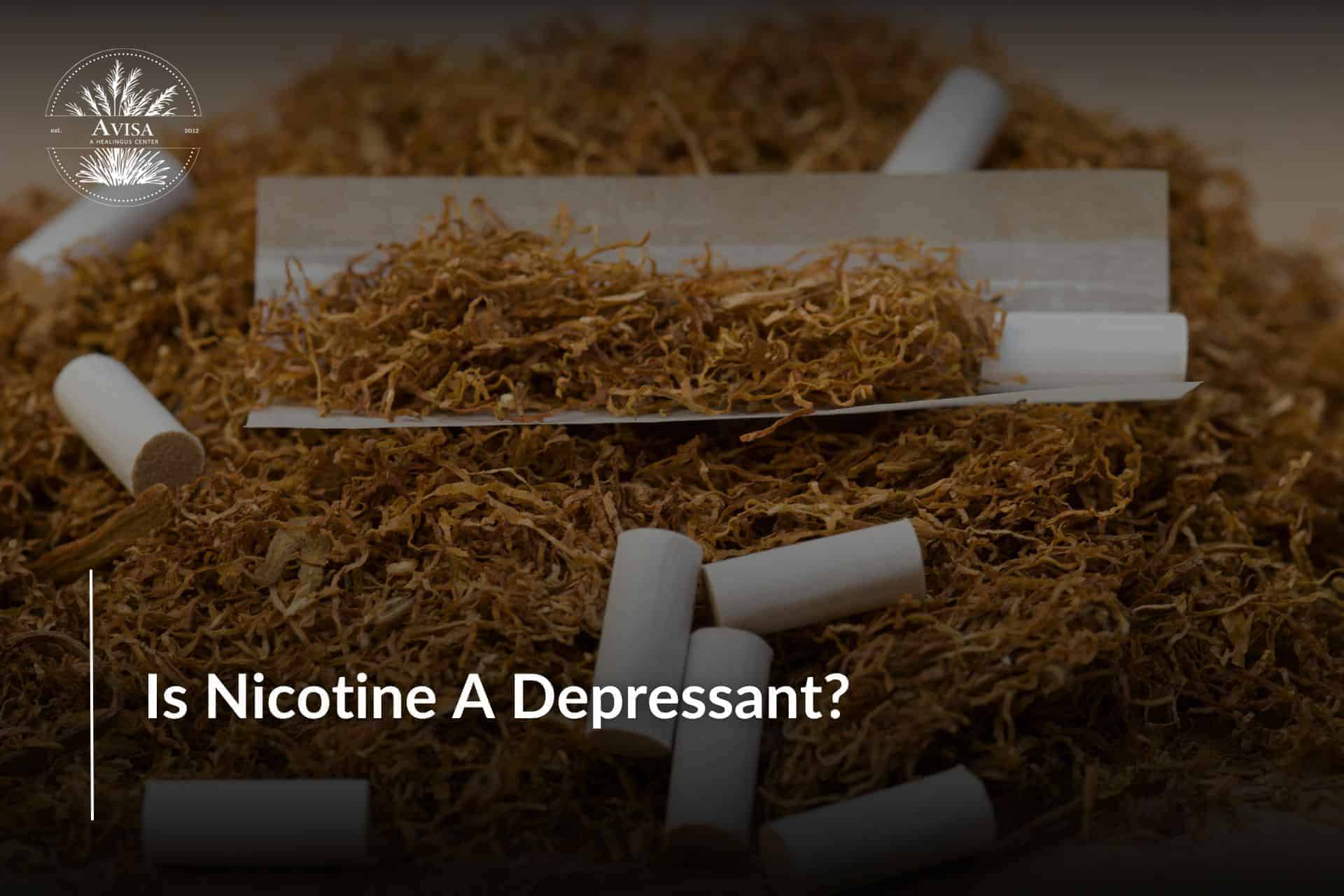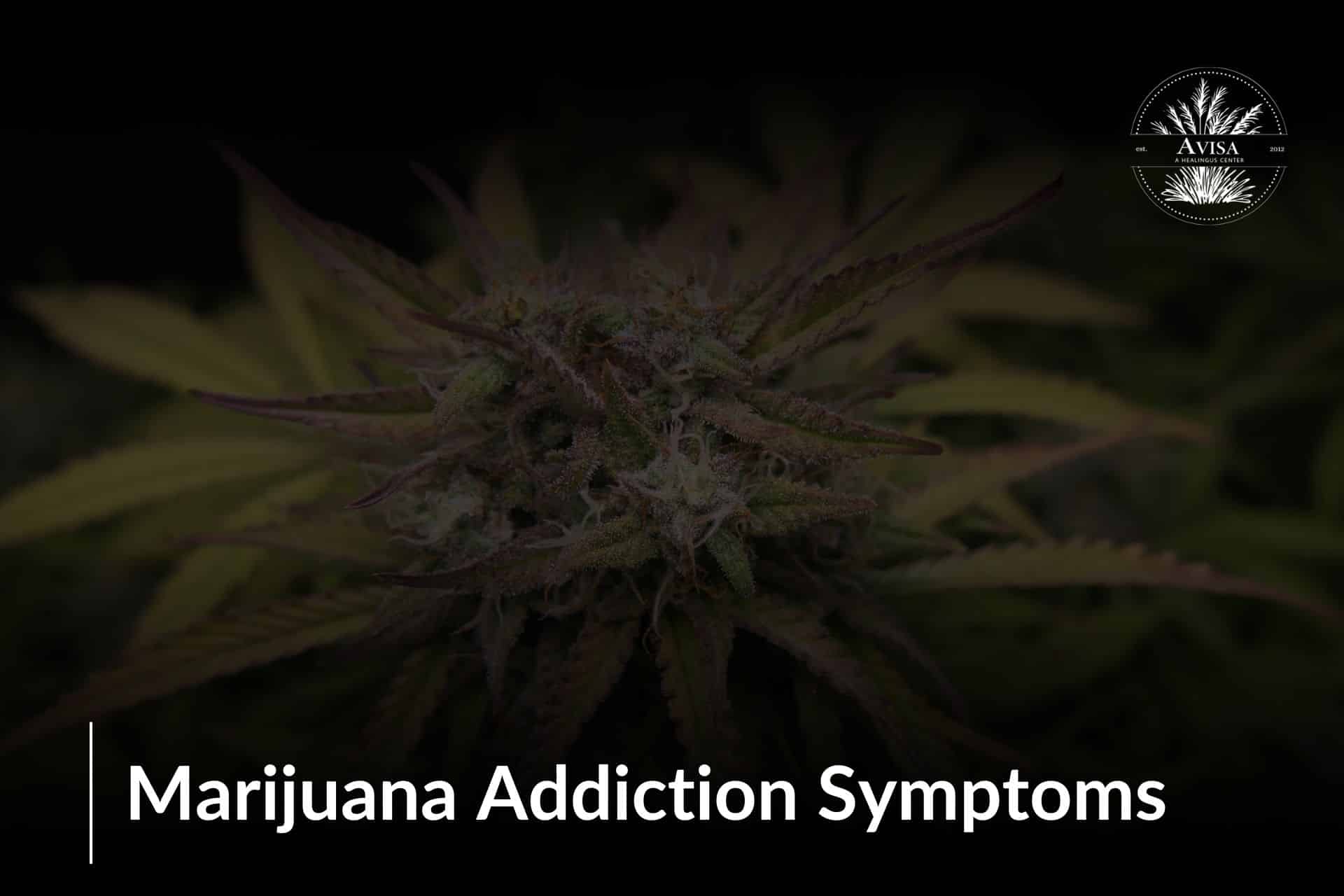Are you concerned about a loved one who is struggling with bipolar disorder? Understanding the signs and symptoms of end-stage bipolar disorder is crucial for providing the right support and care.
Being someone deeply concerned about your loved one’s well-being, it is crucial to identify signs indicating a potential deterioration in their condition.
By knowing what to look out for, you can be better prepared to intervene and seek professional help when necessary. From intense mood swings to severe psychosis and suicidal tendencies, end-stage bipolar disorder can be extremely challenging for both the individual experiencing it and their loved ones.
Nevertheless, equipped with knowledge and empathy, you can contribute positively to their path towards improved mental health. Join us as we explore what is end-stage bipolar disorder and delve into the prevention of bipolar disorder.
Understanding End-Stage Bipolar Disorder:
Bipolar disorder is a persistent mental health condition marked by intense mood swings, oscillating between manic highs and depressive lows. However, in some cases, the symptoms of bipolar disorder can progress to an end stage, where the individual experiences more severe and persistent symptoms.
End-stage bipolar disorder is often marked by an increase in the frequency and intensity of mood episodes. The person may spend longer periods in depressive or manic states, with shorter intervals of stability. It is crucial to acknowledge that not everyone with bipolar disorder will reach this stage, and the manifestation of symptoms can differ significantly from one individual to another.
How to recognize the signs in a loved one
Recognizing the signs and symptoms of end-stage bipolar disorder is crucial for understanding the challenges your loved one may be facing. Some common indicators include:
Extreme Mood Swings:
- Increased Frequency and Intensity: Individuals in the end-stage of bipolar disorder may undergo more frequent and intense mood swings.
- Manic Episodes: Characterized by elevated mood, increased energy, racing thoughts, and impulsive behavior.
- Depressive Episodes: Manifestations may include feelings of hopelessness, sadness, loss of interest, and alterations in sleep and appetite.
Psychosis:
- Hallucinations and delusions: In certain instances, individuals in the end-stage of bipolar disorder may encounter psychotic symptoms.
- Complications: Psychotic symptoms can further complicate overall mental health and functioning.
Suicidal Tendencies:
- Higher Risk: The risk of suicide is elevated in individuals with end-stage bipolar disorder.
- Vigilance is Key: It is crucial to be vigilant for signs of suicidal thoughts or behaviors, such as talking about death or expressing feelings of worthlessness.
Intensification of Symptoms:
- In the end stage, symptoms become more pronounced and challenging to manage.
- Heightened severity in both manic and depressive phases, leading to prolonged and intense mood swings.
Cognitive Impairments:
- Noticeable challenges in concentration, decision-making, and memory.
- Cognitive functions become significantly impaired, affecting daily functioning.
Social and Relationship Impact:
- Strained relationships due to unpredictable behavior.
- Increased isolation as social functioning becomes increasingly difficult.
Sleep Disturbances:
- Persistent disruptions in sleep patterns, contribute to overall distress.
- Sleep-related issues exacerbate mood fluctuations and impact mental well-being.
Prevention of Bipolar Disorder
Early Intervention:
- Identifying and addressing symptoms in the early stages to prevent escalation.
- Timely intervention with appropriate treatment strategies.
Medication Management:
- Consistent adherence to prescribed medications to stabilize mood.
- Close collaboration with healthcare professionals to adjust medications as needed.
Therapeutic Support:
- Regular therapy sessions, including cognitive-behavioral therapy, for coping mechanisms.
- Emotional support for individuals and their support networks.
Healthy Lifestyle:
- Sustaining a well-balanced lifestyle involves incorporating regular exercise and maintaining a nutritious diet.
- Adequate sleep and stress reduction strategies contribute to overall mental health.
Stress Management:
- Learning and implementing effective stress-coping strategies.
- Identifying and minimizing triggers to reduce the impact of stress on bipolar disorder.
End-stage bipolar disorder refers to the advanced phase of the condition, where symptoms have progressed and intensified. Individuals in this stage often experience severe challenges in daily functioning, marked by persistent and intense mood swings that may become increasingly difficult to manage. It’s important to recognize the signs and symptoms associated with the end stage to provide appropriate support and care.
Understanding the emotional and behavioral changes
Recognizing the signs of end-stage bipolar disorder in a loved one can be challenging, as the symptoms may vary, and individuals may try to conceal their struggles. However, there are some key indicators to watch out for:
Changes in Behavior:
- Erratic and Unpredictable Behavior: Notice if your loved one’s behavior has become increasingly erratic and unpredictable.
- Impulsive Activities: They may engage in impulsive activities, exhibit poor judgment, or have difficulty maintaining relationships.
Alterations in Sleep Patterns:
- Insomnia or Hypersomnia: Pay attention to any significant changes in their sleep patterns.
- Disruptions in Routine: Sleep disturbances may lead to disruptions in their daily routine and functioning.
Withdrawal from Activities:
- Loss of Interest: If your loved one starts to withdraw from activities they used to enjoy, it could be a sign that their bipolar disorder is worsening.
- Social Isolation: Withdrawal from social interactions may also be indicative of the challenges they are facing.
These emotional and behavioral changes provide insight into the evolving nature of bipolar disorder, emphasizing the importance of supportive intervention and understanding. If you notice these signs in a loved one, consider reaching out for professional assistance to navigate this challenging phase together.
Coping strategies for loved ones
As bipolar disorder progresses to its end stage, emotional and behavioral changes become more prominent. These changes can be distressing for both the individual and their loved ones. Comprehending these changes is essential for offering the necessary support and care:
Intense Irritability:
- Practice Patience: Individuals in the end-stage of bipolar disorder may exhibit extreme irritability over small matters.
- Open Communication: Maintain open communication to understand triggers and respond with empathy.
- Seek Professional Guidance: Consider involving mental health professionals to navigate the impact of irritability on relationships.
Impaired Judgment:
- Encourage Decision-Making Discussions: Engage in discussions about decisions to offer guidance without imposing control.
- Create a Supportive Environment: Foster an environment where your loved one feels safe expressing their thoughts and concerns.
- Risk Mitigation Planning: Collaborate on strategies to minimize the impact of impaired judgment, such as setting boundaries.
Decreased Motivation:
- Support Daily Tasks: Offer assistance and support for daily tasks to alleviate the burden of decreased motivation.
- Explore New Activities: Encourage exploration of new activities or hobbies to reignite interest and motivation.
- Connect with Mental Health Professionals: Seek the guidance of mental health professionals to address the underlying causes of decreased motivation.
These coping strategies aim to enhance the well-being of both individuals with bipolar disorder and their loved ones. By fostering understanding, and communication, and seeking professional support, it becomes possible to navigate the challenges associated with the end-stage of bipolar disorder as a united support system.
Seeking professional help and treatment options
Assisting a loved one in the end-stage of bipolar disorder can be emotionally taxing, yet employing coping strategies can aid in navigating this demanding journey:
- Enhance your knowledge: Acquire comprehensive information about bipolar disorder and its terminal stage. Understanding the condition will enable you to empathize with your loved one and provide informed support.
- Practice self-care: Taking care of your own physical and mental well-being is essential. Allocate time for pursuits that bring you happiness and tranquility. Seek support from friends, family, or a therapist to help you manage your own emotions.
- Set boundaries: Set clear boundaries with your loved one to safeguard your mental well-being. It is okay to prioritize your well-being and set limits on what you can and cannot handle.
Supporting loved ones through end-stage bipolar disorder
When dealing with end-stage bipolar disorder, seeking professional help is crucial. A mental health professional possesses the expertise to accurately diagnose the condition and formulate a personalized treatment plan. Treatment options for end-stage bipolar disorder may include:
- Medication: The use of medication is pivotal in the management of symptoms associated with end-stage bipolar disorder. Mood stabilizers, antipsychotics, and antidepressants may be recommended to assist in stabilizing mood and addressing psychotic symptoms.
- Therapy: Psychotherapy, such as cognitive-behavioral therapy (CBT) or dialectical behavior therapy (DBT), can be beneficial for individuals with end-stage bipolar disorder. Therapy helps individuals develop coping skills, manage stress, and improve their overall well-being.
- Hospitalization: In severe cases, hospitalization may be necessary to ensure the safety of the individual. Hospitalization offers a structured and supportive setting conducive to adjusting medications and delivering intensive therapy.
Resources and support for caregivers
Supporting a loved one with end-stage bipolar disorder requires patience, empathy, and understanding. Here are several approaches to provide support for those individuals:
- Offer a listening ear: Be available to listen without judgment. Promote transparent and sincere communication, and acknowledge and affirm their emotions and experiences.
- Encourage treatment adherence: Help your loved one stay on track with their treatment plan, including taking medication as prescribed and attending therapy sessions. Offer reminders or assistance when needed.
- Be a source of stability: Create a stable and nurturing atmosphere for your loved one. Establish routines, encourage healthy lifestyle habits, and offer assistance with daily tasks when necessary.
Conclusion and final thoughts
Being a caregiver for someone with end-stage bipolar disorder can be overwhelming. It is essential to seek support and access available resources related to the prevention of bipolar disorder:
Support Groups for Caregivers:
- Becoming a member of a support group specifically tailored for caregivers of individuals in the end-stage of bipolar disorder offers a secure environment to exchange experiences and find mutual understanding.
- Engaging in such groups provides caregivers with the opportunity to glean insights from individuals who have encountered comparable challenges, offering valuable perspectives on effective caregiving strategies.
Therapy for Caregivers:
- Consider seeking therapy for yourself as a caregiver to navigate the unique challenges associated with the end-stage of bipolar disorder.
- A professional therapist can aid you in cultivating coping strategies, navigating stress, and offering personalized guidance suited to your unique circumstances and the intricacies of caregiving.
Online Resources for Caregivers:
- Utilize online resources, including reputable websites, blogs, and forums, to access a wealth of information, tips, and support from other caregivers.
- These resources offer convenient access to a virtual community where caregivers can find guidance, share experiences, and gather valuable insights to enhance their caregiving journey.
As a caregiver, recognizing the importance of support and actively seeking resources can contribute to your well-being and effectiveness in providing care for someone with end-stage bipolar disorder. Additionally, staying informed about the prevention of bipolar disorder can play a role in understanding and addressing the broader context of mental health challenges. Remember that you are not alone, and there are various avenues available to help you navigate this challenging and crucial role.



